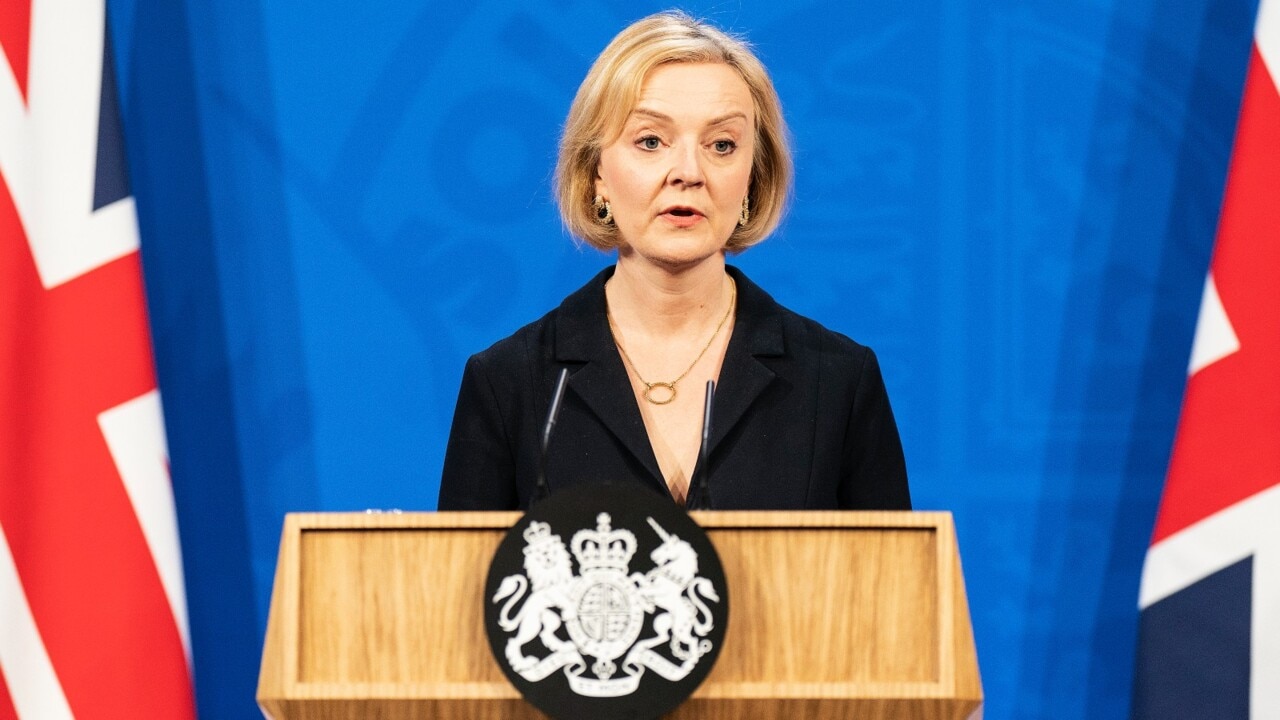Stockland hit by housing slowdown as rates bite
Australia’s largest listed residential developer blames rate hikes for hitting home affordability.

Stockland, the nation’s largest listed residential developer, says sales in its housing estates have slowed as higher interest rates and lower consumer sentiment weigh on its operations.
The development giant has been among the property stocks hit by the sharemarket rout, with its stock down about 26.6 per cent this year.
Stockland said the slowing in home sales volumes in its estates over the quarter to 845 lots, from 1545 in the June quarter, reflected the cumulative impact of several successive interest rate increases on affordability.
The group said month-on-month sales and inquiries were stable during the quarter, and warned that current conditions in the broader residential market “are likely to persist until the interest rate outlook stabilises”.

“Sales and inquiry levels for our masterplanned communities business have moderated in line with our expectations, reflecting the impact of the successive interest rate increases,” Stockland chief executive Tarun Gupta said.
“Current conditions in the broader residential market are likely to persist until the interest rate outlook stabilises, but our residential business is well positioned for this phase of the cycle.”
Stockland had just over 6000 home contracts on hand at the end of the first quarter, with prices at an average of 13.6 per cent higher than in the last financial year.
The company said default rates across the business remained low compared with historical averages and, over the quarter, inquiries returned to pre-pandemic levels. But the company pointed to early signs of moderation in the rate of construction cost escalation, while it was also keeping watch on supply chain pressures and wet weather conditions.
The residential unit is targeting an operating profit margin of about 18 per cent and is tracking towards 6000 settlements with a skew to the second half of the financial year.
Mr Gupta said the company was well-positioned for further sustainable growth. He said it was focused on boosting its land lease communities business and delivering a growing logistics pipeline.
“Importantly, the strength of our balance sheet and liquidity position provides resilience in the current macroeconomic environment and flexibility to take advantage of the right opportunities that may arise,” Mr Gupta said.
Stockland kept its guidance range for 2023 fiscal year funds from operations per security at 36.4c-37.4c on a pre-tax basis, in line with forecasts provided in August. It said tax payable this financial year was expected to be 5-10 per cent of pre-tax group FFO, with the benefit of some remaining carry forward tax losses.
The company said its land lease platform was performing well. It said that, relative to the broader residential market, underlying demand remained resilient.
The net sales result of 63 home sites for the quarter in that sector reflected a slowing of releases in order to allow production to catch up with purchaser demand. Inquiry levels continue to be supported by a preference for over-50s lifestyle communities and the affordability of these homes.
In logistics, the company said it was busy, and it was picking up the pace of its $6.4bn development pipeline in the sector. About $1.2bn of active projects were currently under way, with half to be finished this year, about 88 per cent pre-leased.
At the company’s annual meeting in Sydney, Stockland non-executive director Melinda Conrad noted the distribution for the year rose 8 per cent to 26.6c per security, with the payout ratio of 75 per cent set at the lower end of our target range to support growth opportunities.
Stockland shares fell 0.9 per cent to $3.23 on Monday.






To join the conversation, please log in. Don't have an account? Register
Join the conversation, you are commenting as Logout